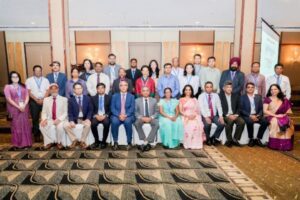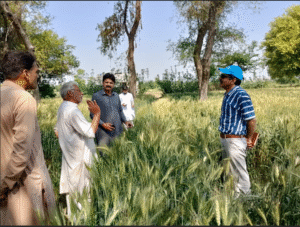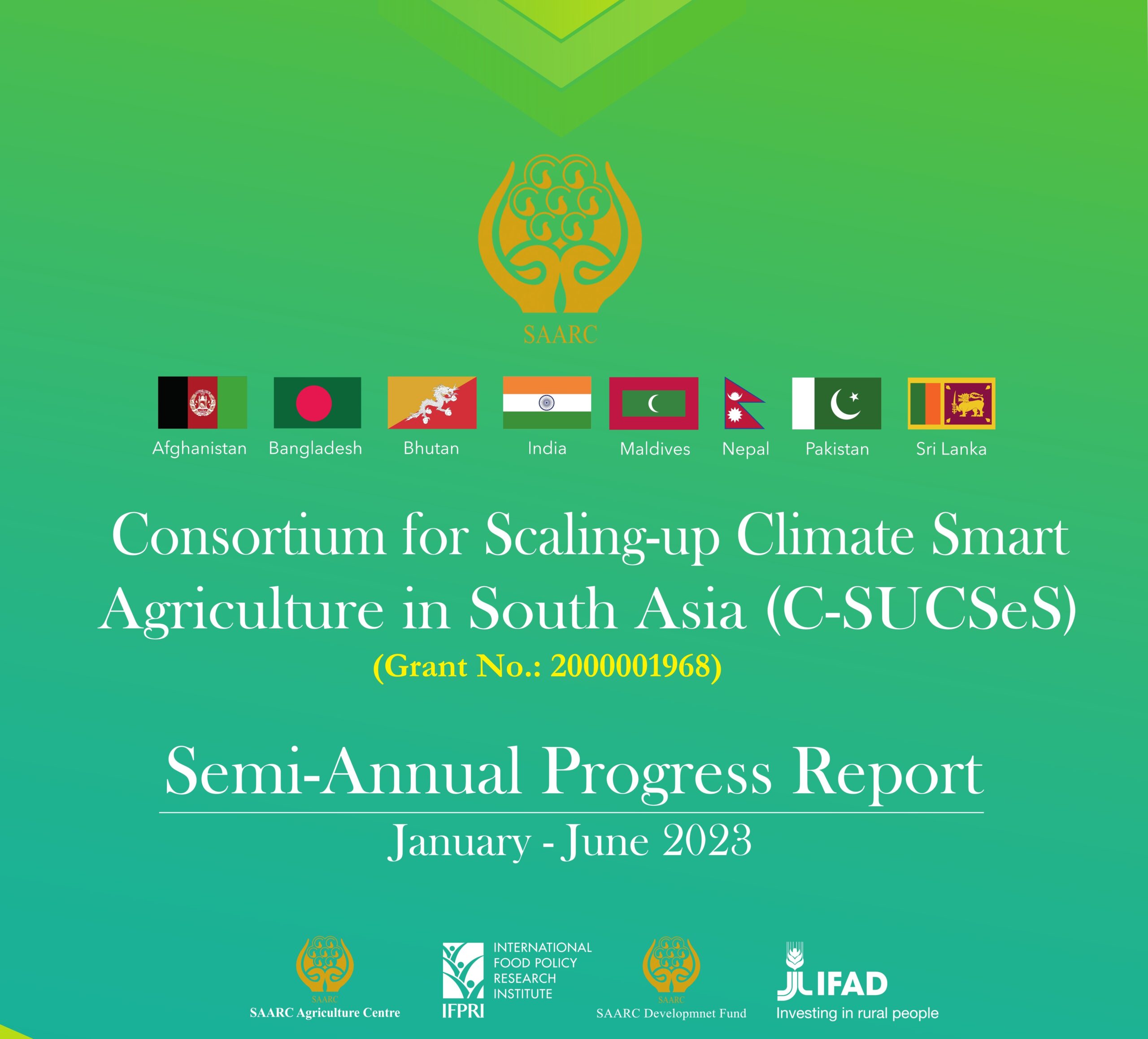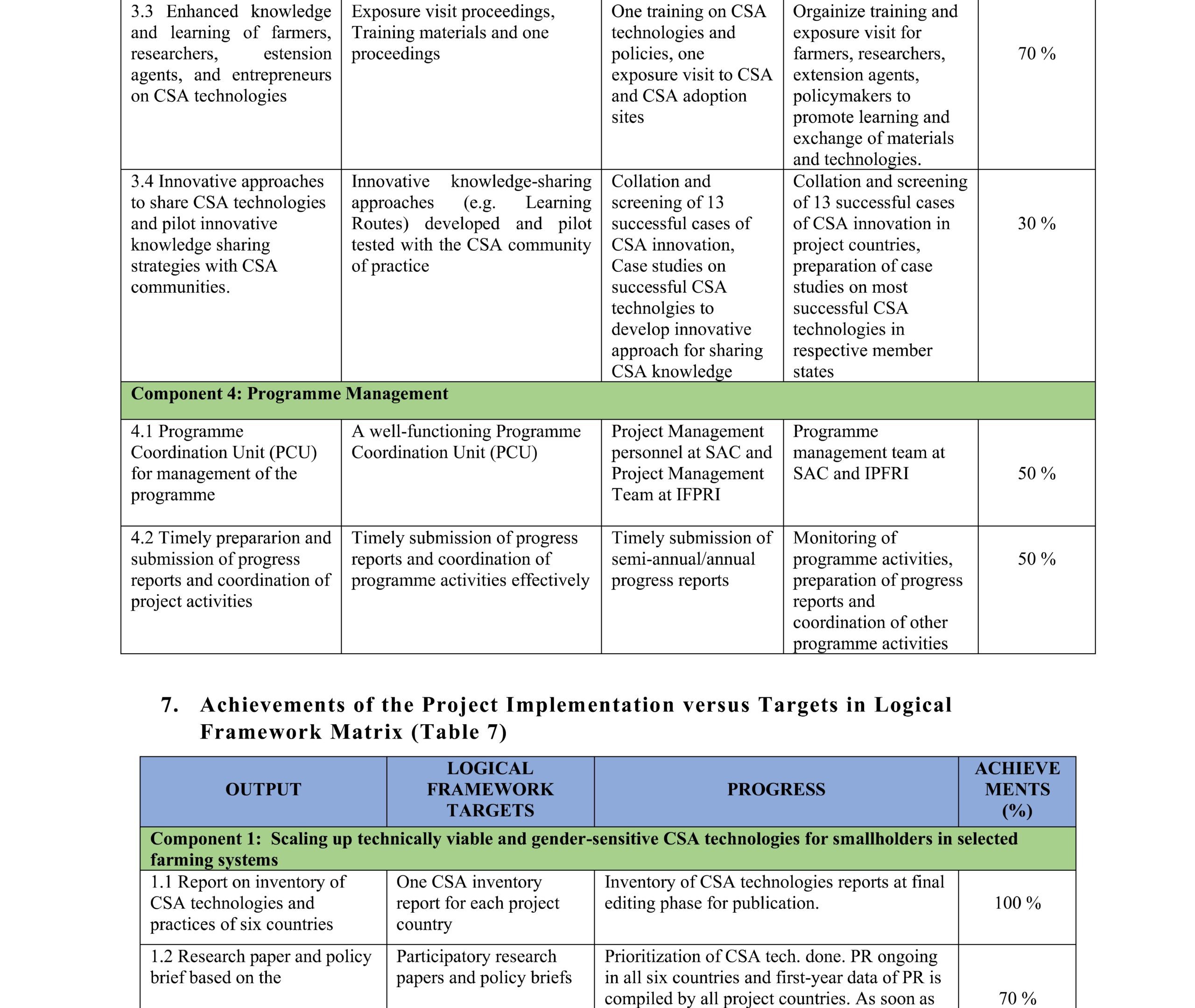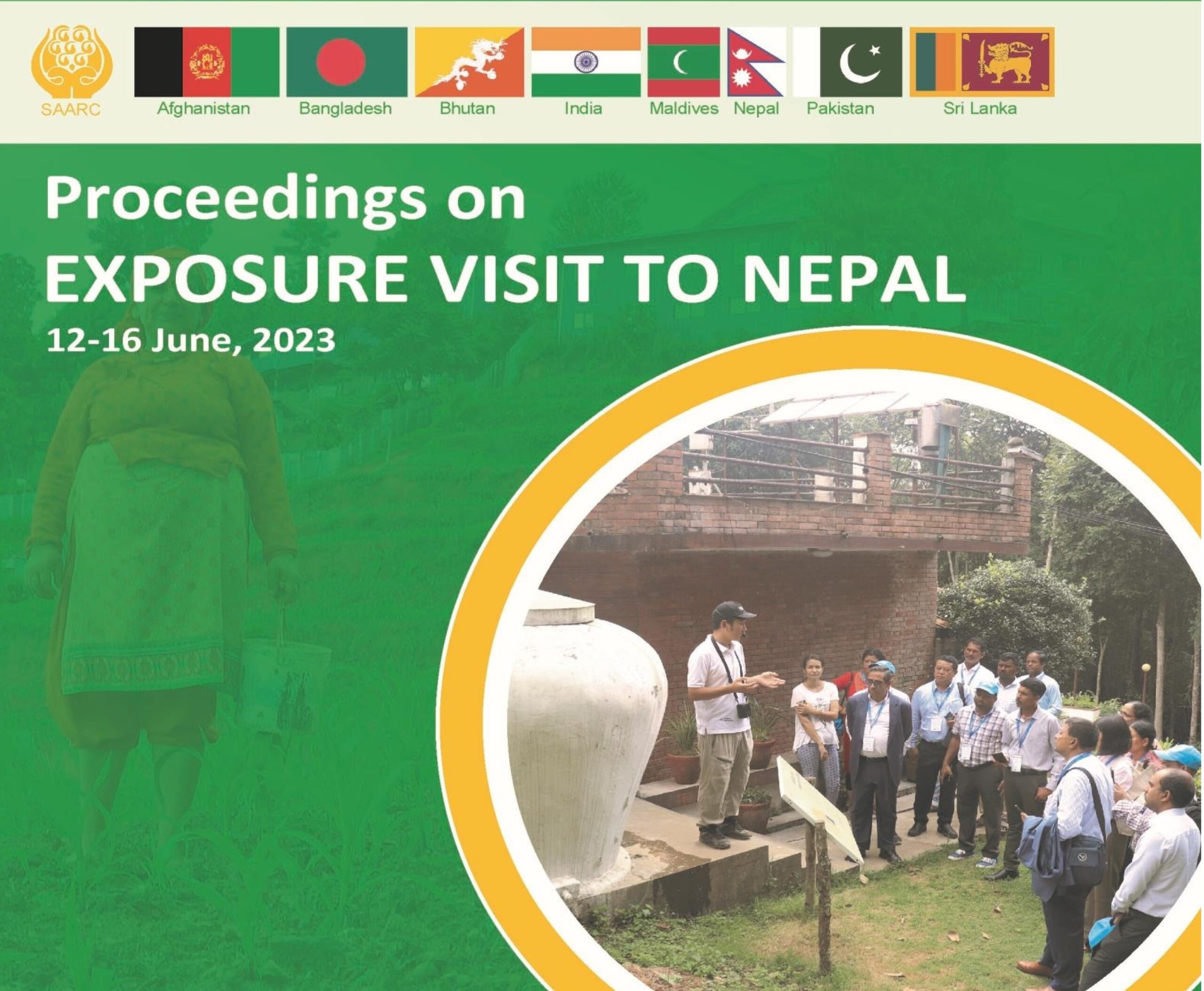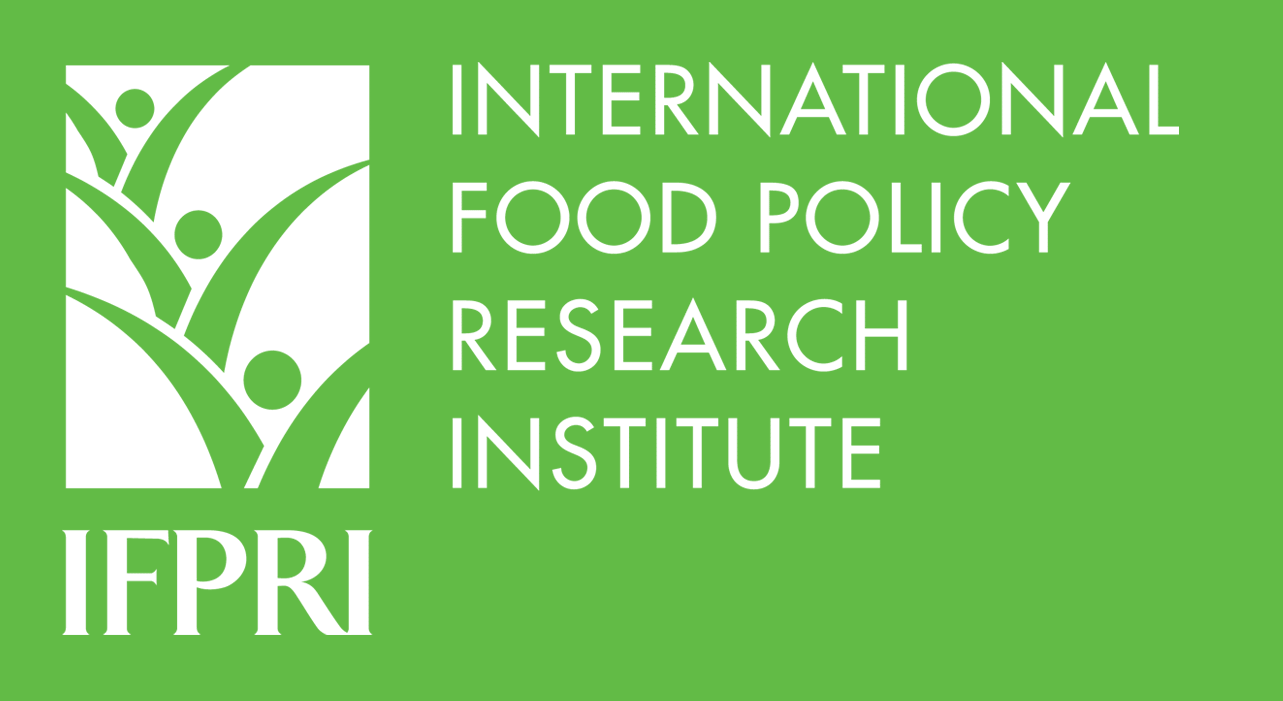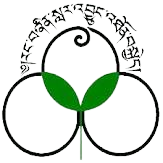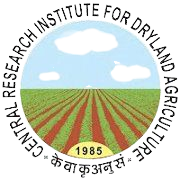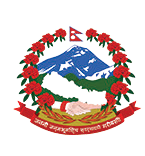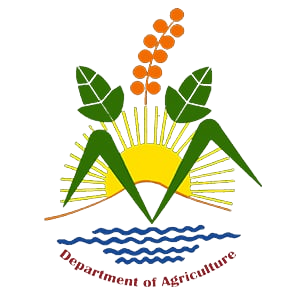Objectives
• To accelerate the identification of and scaling up of viable CSA interventions through national policies and programmes in South Asia; and
• To set up effective and efficient mechanisms for knowledge-sharing, policy dialogue, and cooperation in research and development programmes among SAARC countries on CSA.
Components and Activities
Component 1: Scaling up technically viable and gender-sensitive CSA technologies for smallholders in selected farming systems
Activity 1.1.: Develop an inventory of CSA technologies
Activity 1.2.: Validation/viability assessment of CSA technologies through participatory research.
Activity 1.3.: Benefit-cost analysis (economic, social, and environmental) and impact evaluation of CSA technologies with a focus on the impact on women and smallholder farmers.
Activity 1.4.: Develop strategies for scaling up/supporting initial scaling up of CSA technologies by government programmes, IFAD-supported projects, and projects supported by other government programmes.
Component 2: Policy Analysis/Advocacy and Institutional Development
Activity 2.1.: Analyze policy and institutional constraints (local, regional and national) to scaling up CSA technologies, especially by women and smallholder farmers.
Activity 2.2.: Develop a regional cooperation strategy and programme to support CSA technology scaling-up among SAARC member countries.
Activity 2.3.: Organize high-level SAARC forums and conferences on CSA technologies attended by key policymakers.
Activity 2.4.: Organize roundtables with civil society organizations, research centers, apex farmers’ organizations (FOs), and private sector organizations
Component 3: Knowledge Management and Capacity Building
Activity 3.1.: Develop a network of climate-smart agriculture communities of practice including
researchers, entrepreneurs, farmer organizations, donors, and policymakers.
Activity 3.2.: Develop training materials on CSA technologies and practices.
Activity 3.3.: Organizing training and exposure visits of farmers, researchers, extension agents, policymakers, and entrepreneurs/service providers to promote learning and exchange of materials and technologies.
Activity 3.4.: Develop innovative approaches (e.g., Learning Routes) to share CSA knowledge and pilot innovative knowledge-sharing strategies with climate-smart agriculture communities, farmer organizations, and other farmers’ networks.
Activity 3.5.: Leverage the use of media to accelerate the diffusion of key messages, awareness of best practices, and facilitate cooperation among stakeholders, including cross-border and global
Component 4: Programme Management
Activity 4.1.: Hiring the Project Coordinator and setting up/training a project management team at SAC.
Activity 4.2.: Monitoring of project activities, preparation of progress reports, and coordination of other project activities
